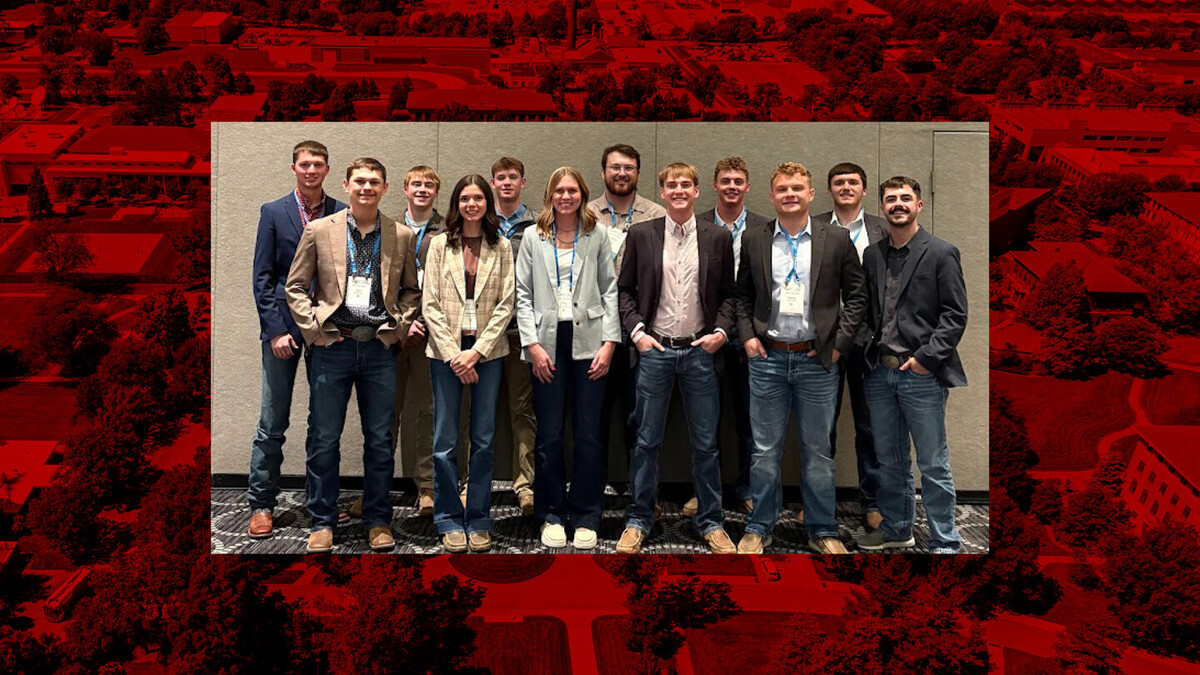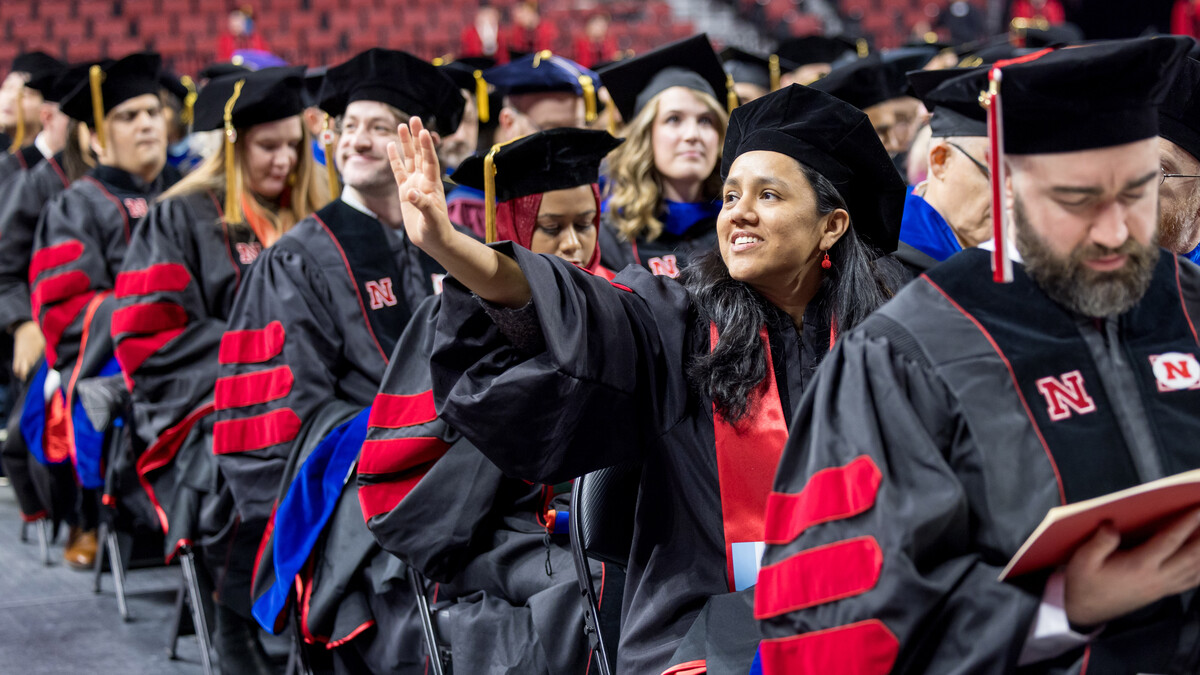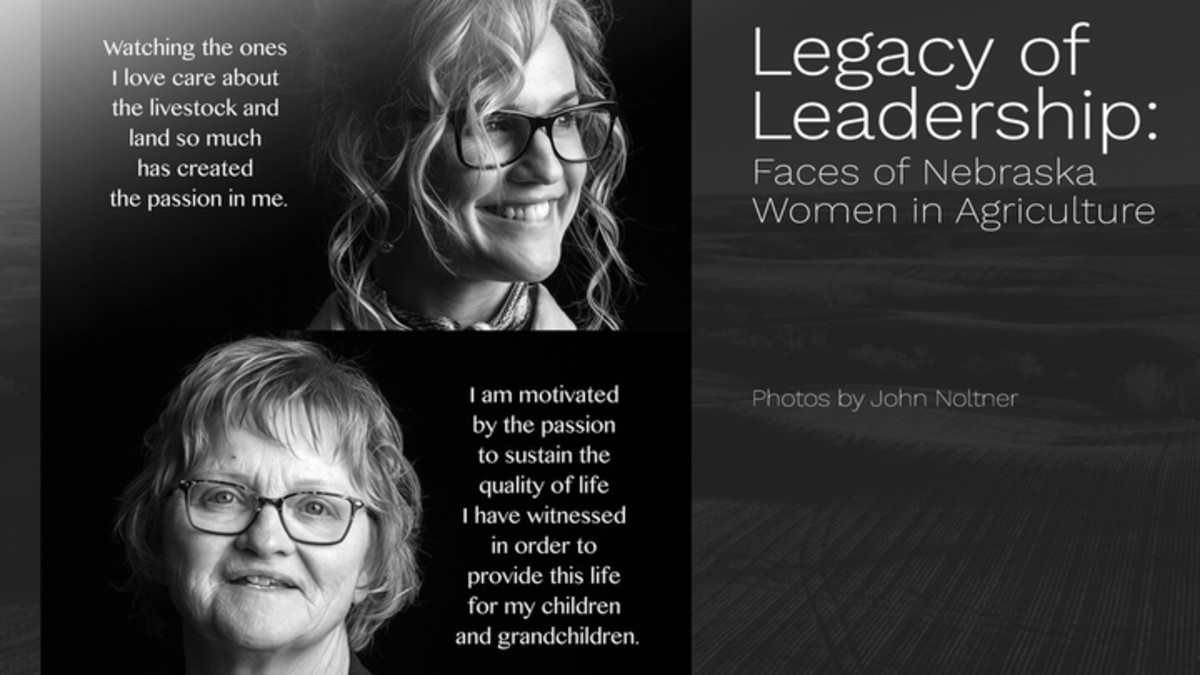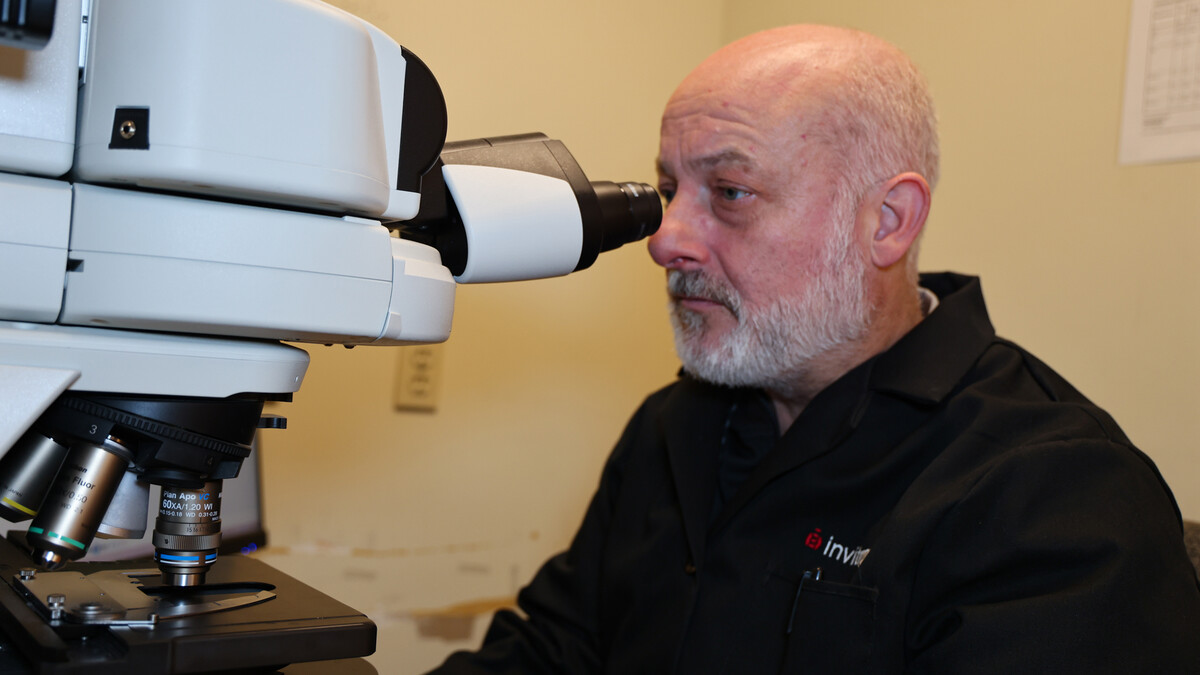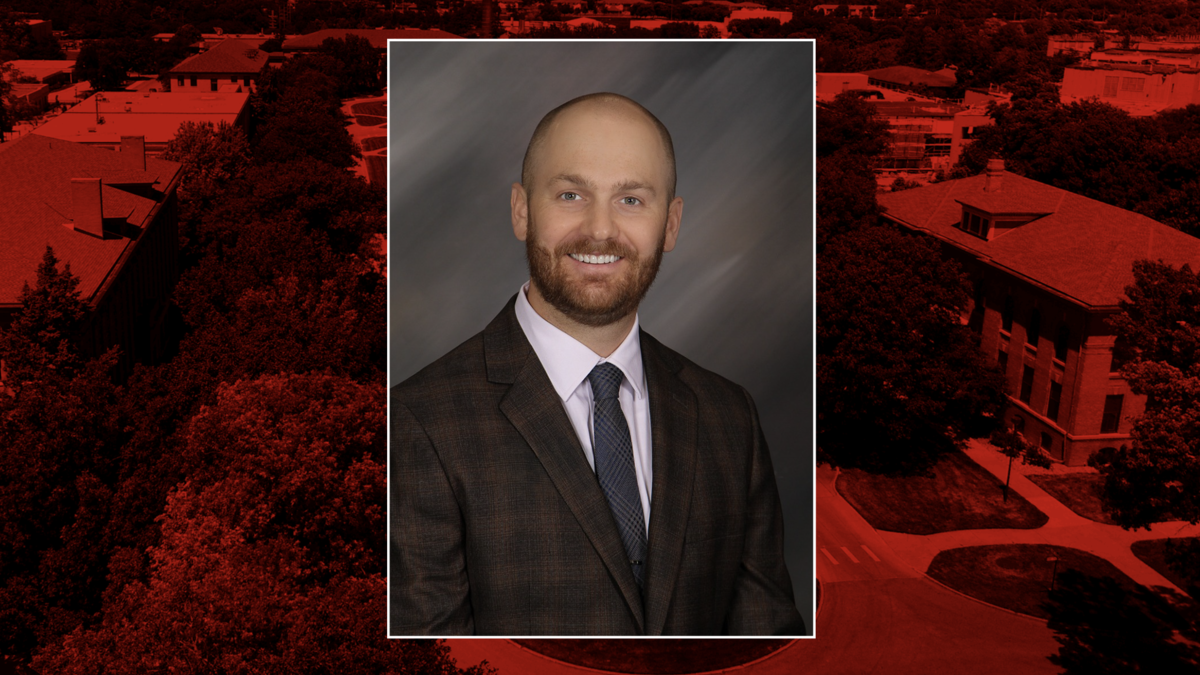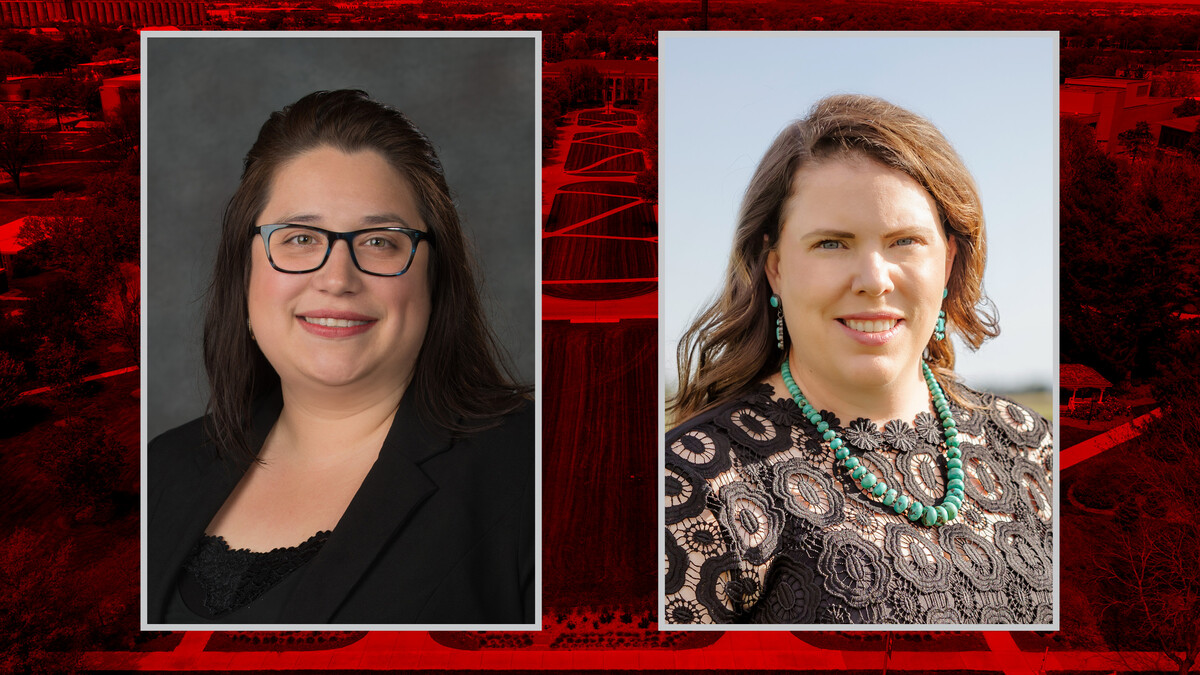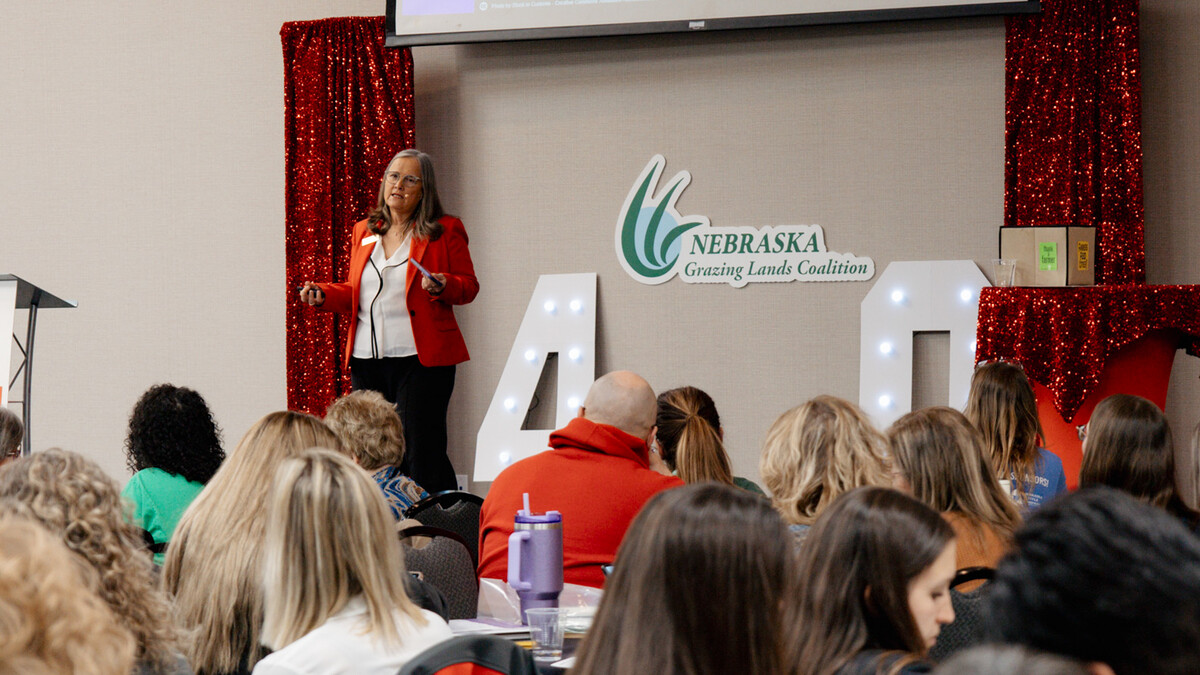
John Beghin, a leading expert in global agricultural trade, emphasized a key principle to students during the six years he taught in the Department of Agricultural Economics at the University of Nebraska–Lincoln.
The best way to understand international economics, he says, isn’t to focus solely on abstract analytical tools — it’s to dive energetically into studying the real-world conditions facing companies and countries.
“I encourage students to read the Wall Street Journal, industry publications or USDA publications to really look at emerging problems,” said Beghin, who recently retired as a professor and the Mike Yanney Yeutter Institute Chair. The principles and tools taught in applied economics, he said, have the greatest value when combined with a firm understanding of real-world business conditions.
In an interview at the institute’s YouTube channel, Beghin reflects on his academic career, the value of practical instruction, and his experience as the first Yanney Chair in the university’s Clayton Yeutter Institute of International Trade and Finance.
Throughout his career, Beghin held various appointments, worked as a consultant for various organizations and private clients, and published more than 100 articles and book chapters. His areas of interest include non-tariff measures, trade and the environment, global food security, and policy analysis. He is a fellow of the Agricultural and Applied Economics Association, the main professional association of agricultural economists.
As part of his academic work, Beghin advanced the understanding of non-tariff barriers, such as counties’ use of food and plant health standards for imports. His work helped show the difference between trade barriers meant only to protect local producers and those based on other concerns, like health or safety.
Beghin’s work also advanced the understanding of consumer attitudes toward gene editing and food products. He coauthored a study that compared consumer attitudes in France with those in the American Midwest, finding significant opposition toward gene-edited food products in France but much less so in the United States.
Beghin was a key leader strengthening the University of Nebraska–Lincoln’s offerings in international trade studies. As one of three faculty chairs with the Yeutter Institute, he helped shape the institute’s collaborative, multidisciplinary vision encompassing economics, law, business principles and policymaking. The result has been greatly expanded undergraduate opportunities in trade studies, regardless of the student’s major.
For four years, Beghin oversaw a summer research camp in which undergraduate students worked directly with Nebraska companies and stakeholders. In one case, students analyzed new markets for Cargill. In another, they studied trade-related issues for products with natural pesticide attributes.
In another example of practical application, Beghin taught a class in which students learned how to hedge foreign exchange risk between Europe and the United States in ag and food transactions.
Through such study, “students learn to look around the planet at what’s happening and see what is emerging in particular fields,” he said.
In-depth focus on trade studies is a logical fit for the university, given Nebraska’s wide-ranging trading connections worldwide. “We’re naturally export-oriented, so it’s important for young Nebraskans to have a good awareness of the global market conditions we’re in,” Beghin said.
Nebraska agricultural exports in 2023 totaled $7.9 billion and included the No. 1 beef export volume for any state. Although trade frictions led to a $2 billion drop in the state’s ag exports from 2022, the 2023 figure was still the third-highest on record for Nebraska. Overseas markets account for more than half the state’s soybean annual soybean sales.
Beghin is impressed by how the Yeutter Institute emphasizes focused support for students. Jill O'Donnell, the director, helps students connect with scholarships and internship opportunities, learn from guest experts and conferences, and make contacts in the international trade community.
“These connections allow the institute to really assist students,” Beghin said.
The institute’s annual cohort of student fellows come from a variety of majors and pursue advanced study that opens up professional opportunities after graduation, Beghin said. He praised the depth of understanding the student fellows regularly demonstrate.
Beghin credits O'Donnell for her leadership in creating and teaching a course on policymaking, and creating an international trade minor. O'Donnell has promoted a collegial, forward-looking operational culture as the faculty chairs from agricultural economics, business and law work with her to chart the institute’s strategic moves forward.
At his retirement, he expressed gratitude to students and colleagues and said he looks forward to future progress by the Yeutter Institute.
“My biggest reward was to work with bright students and motivated students and colleagues,” he said. “I’ll be interested to see how Jill and my successor and the team take the institute to the next level.”
